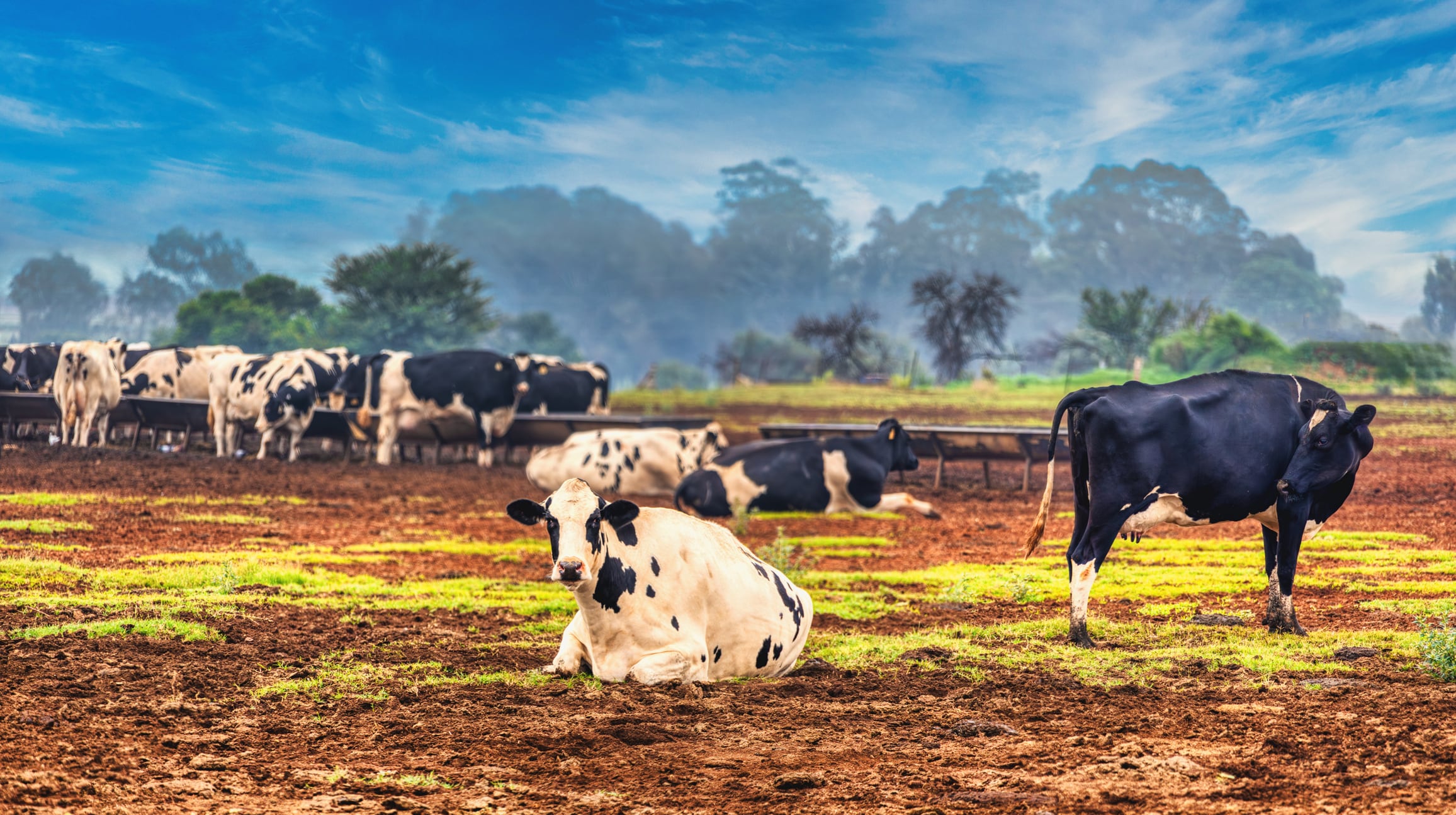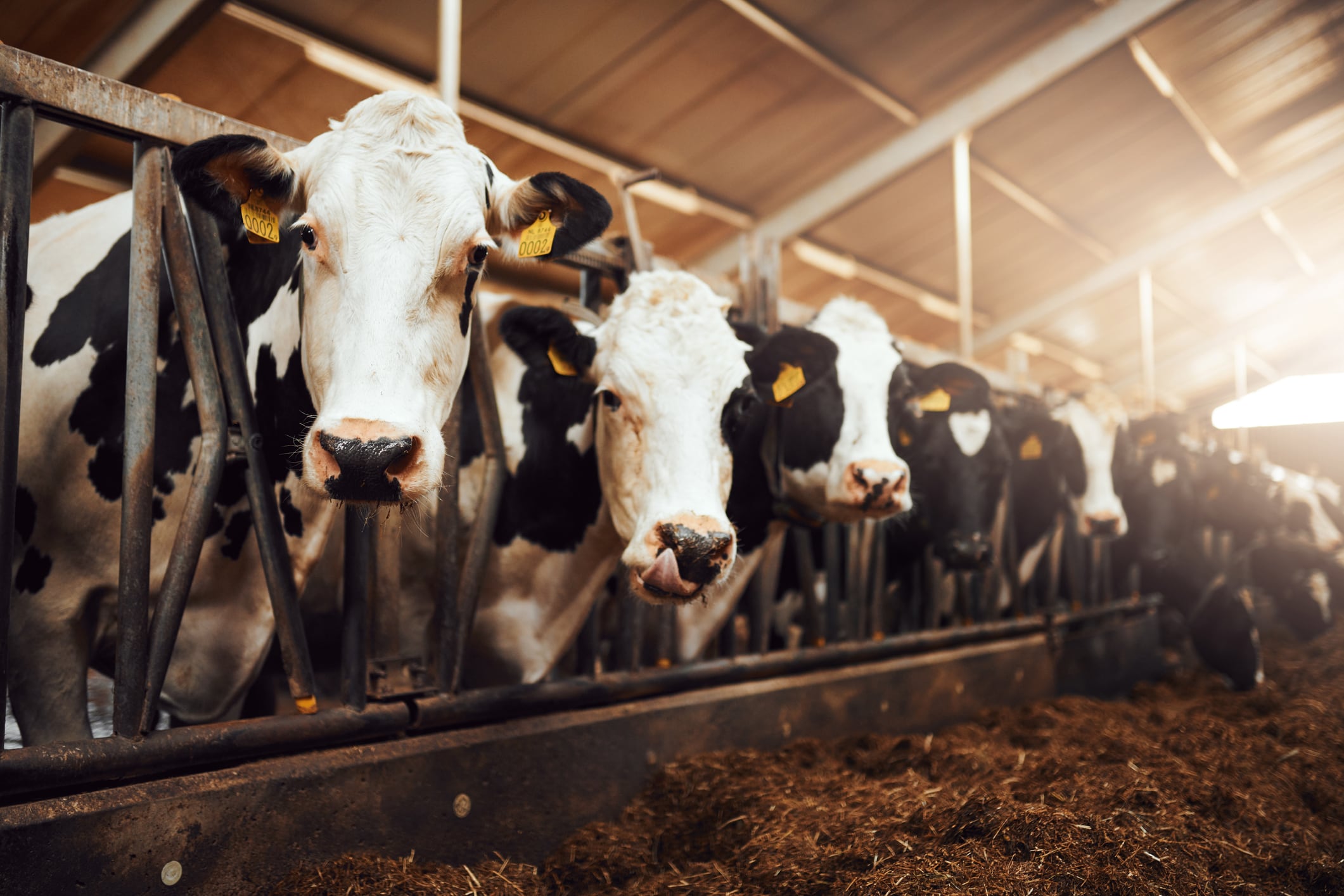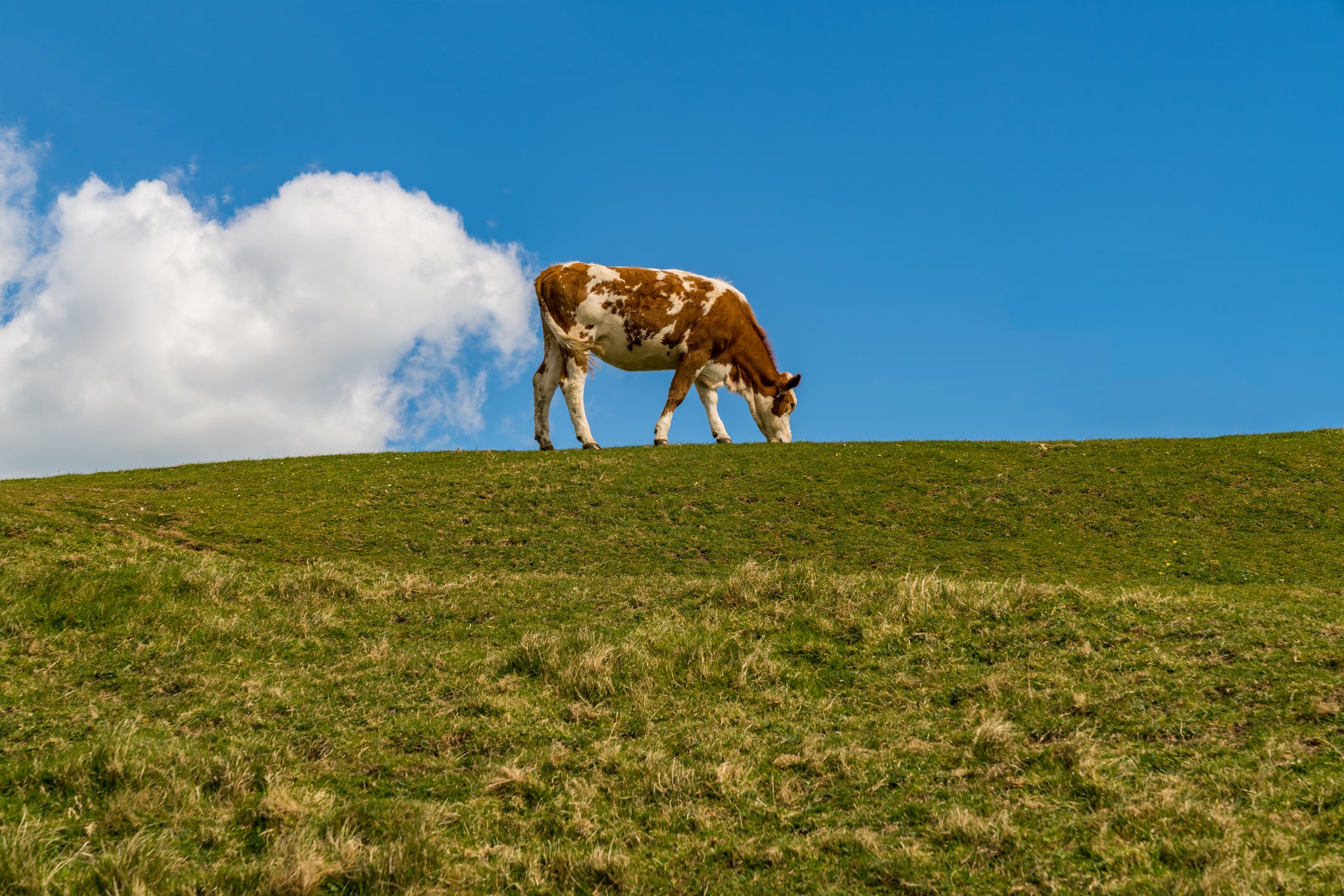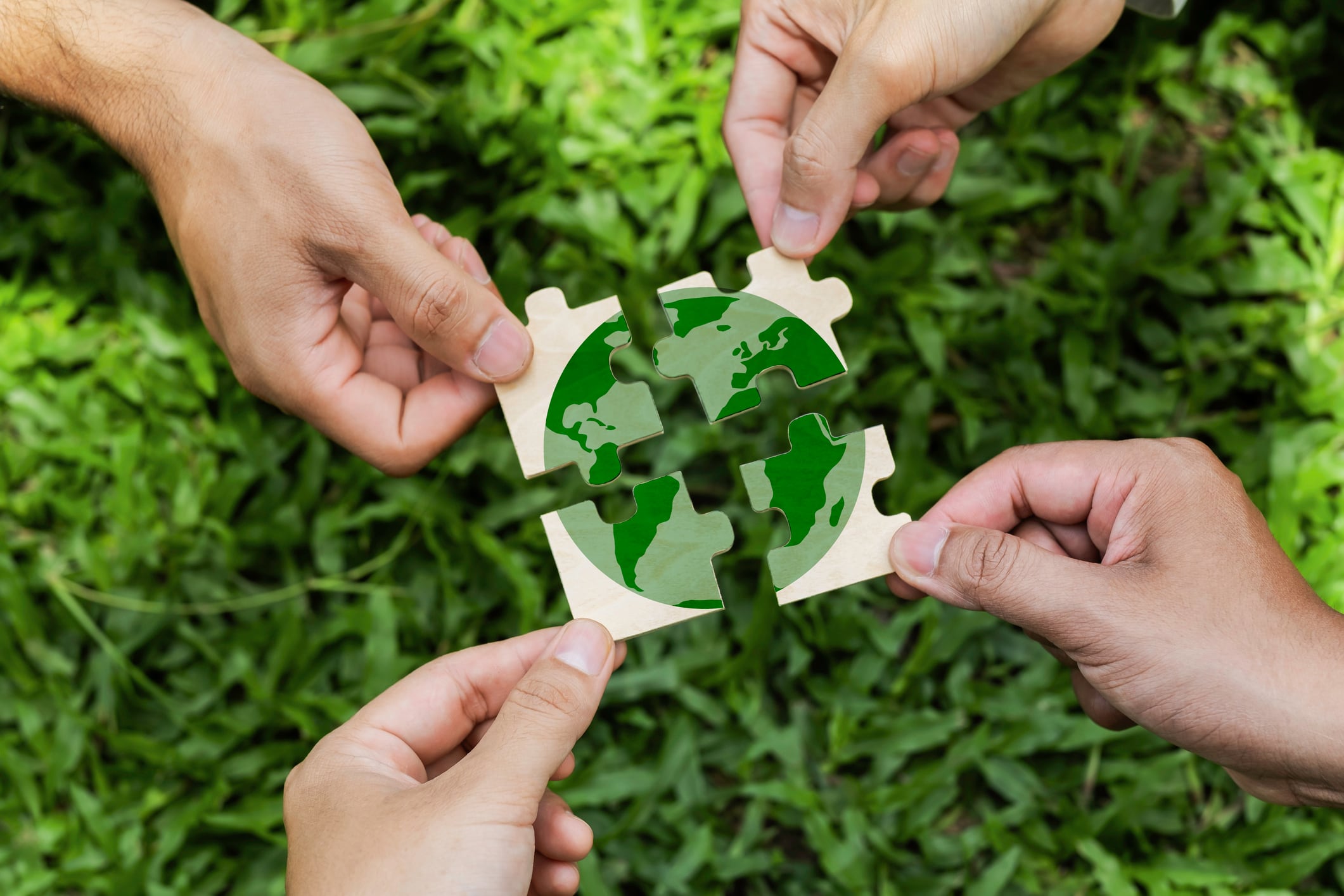Decarbonization and sustainability have emerged as top focus areas for continental dairy manufacturers, with research showing that milk production by smallholders in Africa “has a high carbon footprint and is predicted to increase significantly” over the next few years.
Moreover, demand for dairy products in the Sub Saharan Africa region is projected to triple by 2050, further raising carbon emissions from the industry.
Dairy companies in Africa have thus intensified decarbonization programs to align with global calls for a reduction in carbon footprint to curb global warming.
From local players to global giants: Who is decarbonizing?
International food and dairy groups Nestlé, Danone and Lactalis are among firms bumping up decarbonization in Africa while local players such as Dairibord Holdings and Prodairy in Zimbabwe have also factored in sustainability programs.
Nestlé
Conny Sethaelo, Nestlé’s director for corporate affairs for the East and Southern Africa region, told us that the company is “decarbonizing its dairy value chain” in South Africa through the Zero Carbon Emissions Project at Skimmelkrans in the Western Cape. The project focuses on regenerative agriculture practices that encompass soil management, water conservation, feed optimization, and manure processing at dairy farms.
Nestlé has expanded this initiative to 96 dairy farms along the scenic Garden Route in the Western Cape. The diary farms targeted by the project in the country supply milk to Nestlé’s NESPRAY factory at Mossel Bay.
“We’ve already seen measurable impact, including the recycling of over 14 million liters of water annually and the sequestration of 6,000 tons of carbon through soil management,” Sethaelo said in an interview.
Fan Milk
Fan Milk, another big dairy producer and processor in Africa that is now controlled by Danone, has been utilizing biomass boilers in Ghana that utilize palm kernel shells for steam generation, thereby contributing to decarbonization through reduced reliance on diesel and other fossil fuels. The company says this strategy has helped it reduce carbon emissions by 96%.
“The impact extended beyond the boiler room. Our total annual CO2 emissions from the plant decreased significantly, plummeting from 7,554 tCO2e/yr. to 4,990 tCO2e/yr (in addition to) 40% cost savings,” noted the company.
Danone
Apart from this, international dairy company Danone has included Morocco on its program biodigester program for dairy farmers it works with. Danone signed an agreement with Sistema.bio to equip 6,500 smallholder dairy farmers across its operations with biodigesters by 2030. This helps to reduce methane gas emissions from dairy farms.
The biodigester technology being implemented at dairy farms in Morocco allows farms to use the processed liquid as natural fertilizer in fields for cereal, legume and fodder farming, according to Othmane Essaker, a dairy farmer in Morocco.
Packaging and recycling
Decarbonization of dairy farms and milk processes needs to be complemented by other sustainability programs across the dairy value chain, said Klaus Plenge, managing director of Tetra Pak Southern Africa. Tetra Pak supplies dairy processing equipment and packaging for the packaging industry from South Africa and across Southern Africa.
In Zimbabwe, dairy processors such as Dairibord Holdings, Dendairy, Prodairy and others have agreed to a collaborative effort together with Tetra Pak under the Zimbabwe Pact for Carton Packages agreement which addresses the recycling value chain. The agreement aims to recycle up to 1,000 tons of carton per year for re-use in dairy packaging.
“A lot of our customers in the dairy sector are moving on to solar as a source of energy and that helps with decarbonization. We have solutions to reduce the consumption of water…we implement solutions that reduce the use of water across the dairy valley chain,” Plenge said in an interview.
For dairy, a Zimbabwean dairy processor that is part of the Tetra Pak recycling initiative, its water recovery system installed in 2023 has resulted in significant reductions in water use, with approximately 1,000m3 being recovered per week. Its carbon footprint from processing and generators for 2024 stood at 8,508.40 (CO2e tons) through decarbonization initiatives.




